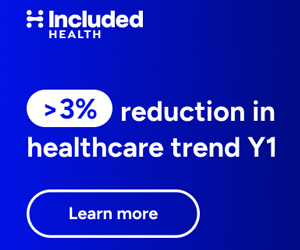This is the last THCB Gang of what has been a long, grueling, but enthralling year. And every week (well almost every week) we have had a group from across the health care luminescence to discuss it.

Joining Matthew Holt (@boltyboy) on #THCBGang at 1pm PT 4pm ET Thursday for an hour of topical and sometime combative conversation on what’s happening in health care and beyond will be THCB regular writer Kim Bellard (@kimbbellard); delivery & tech expert Vince Kuraitis (@VinceKuraitis); privacy expert and entrepreneur Deven McGraw (@HealthPrivacy); WTF Health host & Health IT girl Jessica DaMassa (@jessdamassa); and three occasional gang members making very welcome appearances–venture investor & soccer mogul Marcus Whitney (@marcuswhitney); surgeon & startup guy Raj Aggarwal (@docaggarwal); and health economist Jane Sarasohn-Kahn (@healthythinker).
And towards the end of the show we should have our now traditional (or 2nd time) visit from as many other gang members who can make it!
The video will be below but if you’d rather listen to the episode, the audio is preserved as a weekly podcast available on our iTunes & Spotify channels.













